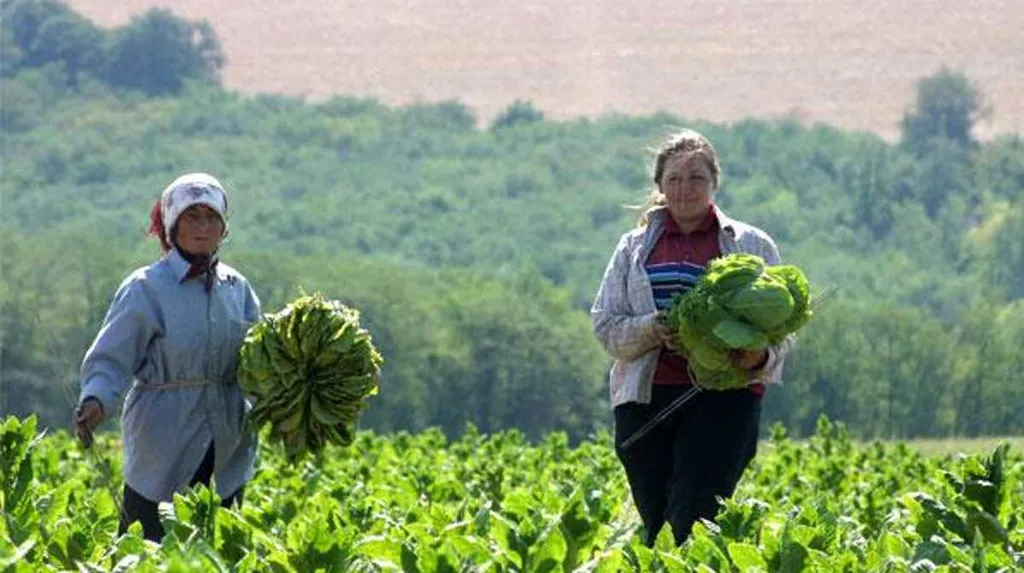In the heart of Bulgaria, a quiet revolution is taking root, one that could reshape the way we think about farming, sustainability, and even the energy sector. Rositsa Beluhova-Uzunova, a researcher from the Agricultural University of Plovdiv, has been delving into the world of biodynamic farming, a method that promises not just ecological benefits, but also economic viability. Her research, published in the journal *Икономика и управление на селското стопанство* (Economics and Management of Agriculture), is shedding light on a practice that could be a game-changer in the face of climate change and resource scarcity.
Biodynamic farming, a step beyond organic, is not just about what you don’t do—like using synthetic pesticides—but also about what you do, like applying specific preparations to enhance soil health and biodiversity. “It’s a holistic approach,” explains Beluhova-Uzunova, “one that considers the farm as an interconnected ecosystem.” This method, developed in the early 20th century, has been gaining traction in recent years, with numerous studies and case trials showcasing its potential.
The research highlights several long-term trials comparing biodynamic, organic, and conventional farming. The results are promising: biodynamic systems generally exhibit better soil quality, higher biodiversity, and equal or even greater net returns per hectare than conventional farms. “The environmental impact is also significant,” notes Beluhova-Uzunova, “with reduced energy use and increased efficiency.”
So, what does this mean for the energy sector? As the world grapples with the challenges of climate change and resource depletion, sustainable farming practices like biodynamic agriculture could play a crucial role. By reducing energy use and increasing efficiency, these methods could help lower the carbon footprint of agriculture, a significant contributor to greenhouse gas emissions.
Moreover, the increased biodiversity and soil health could lead to more resilient crops, better equipped to withstand the impacts of climate change. This could translate to more stable food supplies and less strain on resources, benefiting not just farmers, but also energy providers and consumers alike.
Beluhova-Uzunova’s research is just the beginning. As she puts it, “The concept of biodynamic agriculture is gaining popularity because of the rising challenges coming from climate change, resource scarcity, and population growth.” With more studies and trials underway, the future of biodynamic farming looks bright, and its potential to shape the energy sector is immense.
In the face of global challenges, innovative solutions like biodynamic farming offer hope. As we strive for a more sustainable future, the work of researchers like Beluhova-Uzunova reminds us that the answers we seek may lie not just in technology, but also in nature itself.

